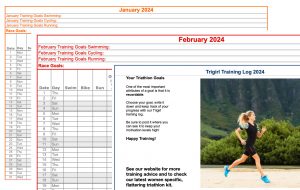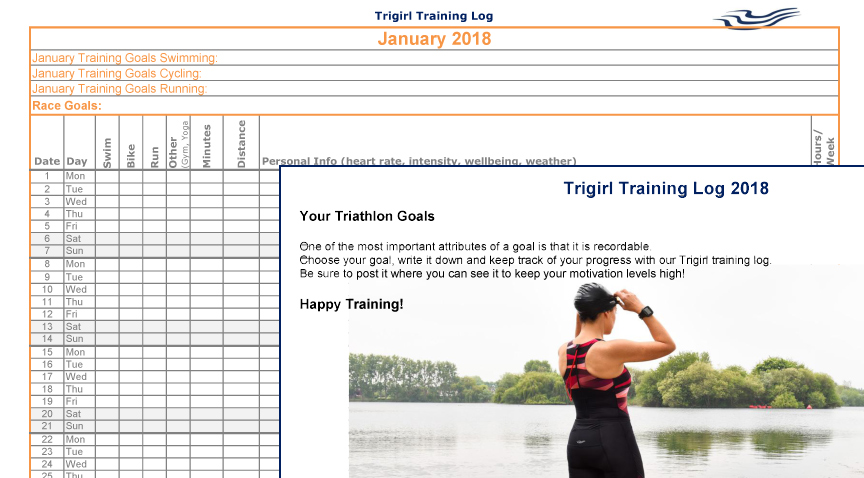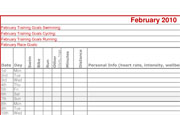Triathlon Goal Setting
It’s that time of year when everyone is talking New Year, New You. There’s dry January, Run Every Day January (for a great cause), New Year’s resolutions, detoxes, and unending ideas on how to make a fresh start. Sticking to your goals can be difficult, but there are ways to ensure that they don’t go by the wayside by the first of February. Smart triathlon goal setting is the key!
The best way is to create goals that are SMART (Specific, Measurable, Achievable, Realistic, Time sensitive).
Why not set yourself a SMART triathlon goal for this season?
Here are some tips to make your SMART goals even smarter:
1. Specific
Be specific! Don’t just say ‘finish a triathlon’. Make the commitment and sign up for a race. Now you have a clear, specific vision of what the goal is. Do some research about the race and consider what kind of training you’ll need to reach the finish line.
2. Measurable
A measurable goal allows a definitive yes or no to the question, ‘Have I reached my goal?’ For example, ‘I want to do a lot of training’ is not measurable, however, ‘I want to train three times weekly toward my race in July’ is.
3. Achievable
Achievable goals can still be challenging. Choose a goal that scares you a little (my first standard-distance triathlon scared me enough that I was fully committed to training), but one that makes sense (I had the proper amount of time to train towards it without risking injury or a panic attack!). Don’t make a goal so daunting that you condemn yourself to failure, but choose something big that excites you!
4. Realistic
Realistic goals fit into your immediate as well as your long-term plans and suit your lifestyle. They must be meaningful, exciting, and important to YOU. If this season involves major changes or goals in non-triathlon parts of your life, maybe doing your first Ironman isn’t realistic. However, a sprint-distance triathlon might be a great goal.
5. Time Sensitive
Give yourself a deadline! People tend to work best under pressure (or at least when there is a clear end date). If your goal is to complete a triathlon, you might never do it. If you’re signed up for a race in July, you have a very specific timeframe in which to complete your goals.
Now that you know how to create SMART goals, you’ll need to write them down to keep them top of mind and to see your progress.
We have a FREE Training Log that can help! With a one month per page format, you can see what you’re working towards and how you’re getting there.
 With SMART goals, you are going to have an amazing triathlon year!
With SMART goals, you are going to have an amazing triathlon year!
Why not use our Trigirl Training Log to help set and reach your SMART goals? Click here.
 The best way is to create goals that are SMART (Specific, Measurable, Achievable, Realistic, Time sensitive).
The best way is to create goals that are SMART (Specific, Measurable, Achievable, Realistic, Time sensitive).
